Music Production And Studio Tips
When I talk to music producers, both newcomers and more experienced ones, I realize that many of them could use some tips on improving their production workflow. I’m talking about the little things in life that aren’t necessarily computer related, but that can make a big difference in how effective you are with your studio time.
Most of these tips are based on the trials and many errors of my own experience, and on what I’ve learned by applying them every day.
 When it doesn’t feel right, stop. Do you ever get to that moment when you finally have the time and space to make music (sometimes life is a hustle!), but after a few minutes, you realize that it sounds terrible? The weird thing is how in your last session, that same loop or track felt amazing, right? Well, there are a few things you can do here, but before you delete anything, try this:
When it doesn’t feel right, stop. Do you ever get to that moment when you finally have the time and space to make music (sometimes life is a hustle!), but after a few minutes, you realize that it sounds terrible? The weird thing is how in your last session, that same loop or track felt amazing, right? Well, there are a few things you can do here, but before you delete anything, try this:
- Stop working on the project and start something new. If it doesn’t feel right anymore, it could need to sleep for a bit to be heard again later in a whole new moment of your life.
- Take a 10 minute pause and listen to something else.
- Consider: can you say what’s wrong with it? If it’s just a physical sensation more than something logical, then the problem is you. Yeah, you read that right. It’s important to do something else instead of trying to force it out. Smoke a ciggie, make yourself comfortable in any way you want, or just move on to another project. If the blockage persists, then try working on simple sound design with a new synth you haven’t explored yet.
Calibrate your ears. People really underestimate the importance of this one. It usually implies a fair degree of time spent setting your monitor’s volume at roughly 80 dB (there are smartphone apps that can measure this for you), then listening to music that you love and that you know sounds right. If you can listen for a minimum of 15 minutes, your ears will develop reference points of optimal sound levels.
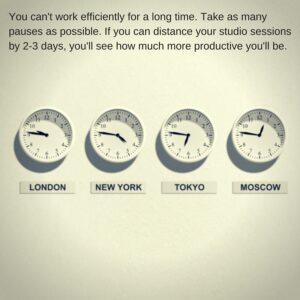 Take pauses, often. I’ll never say it enough, but working a long, extended session is one of the least productive ways to work. You’ll lose your references, as well as your ability to evaluate your own work. Taking a pause is not only important to give your ears a break. When you start up again, you’ll have a fresher perspective on what’s working and what’s not.
Take pauses, often. I’ll never say it enough, but working a long, extended session is one of the least productive ways to work. You’ll lose your references, as well as your ability to evaluate your own work. Taking a pause is not only important to give your ears a break. When you start up again, you’ll have a fresher perspective on what’s working and what’s not.
Space out your sessions. I usually avoid making music (i.e., working on my own material) two days in a row. I space out my sessions by a few days and I try not to work on the same song more than once a week. This is why I’m always working on multiple projects in parallel. I’ll jump from one to the other, so that I’ll forget what I was doing with the first. Then when I open it up again, I might have a whole new perspective on where it needs to go.
Shorten your sessions. I often hear people say, “I worked on this track for 5 hours last night, and I don’t know why, but I feel like it’s just not working at all.” Indeed it’s not. Try not to spend more than one hour a day on a song. When you know your time is limited, every minute will feel extremely important, and your mind will pump more quality into the effort. By speeding up and working in short bursts, you’ll eventually get faster at what you do and your flow will be more effective.
Grasp the big picture before digging into the details. I highly recommend that you don’t start working on a song from the beginning. Find the main idea first, which is more or less the middle of your song, and then from there, unfold it to the beginning and extend it to the end. Making sure you have a broader view of your work before delving into the details is a good way to scope out the storytelling and back bone. This will help you identify the critical moments of your track, so that you can then work in the transitions, changes and so.
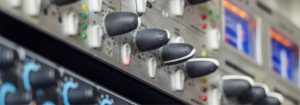 Listen at different volume levels. I encourage you to listen to your song at a very low volume, then high, and then vary it to a sweet spot somewhere in the middle. People don’t always listen to music at high volumes, so it’s good to know what the experience is at lower volumes too. This will also help you notice some things that need fixing in your mix.
Listen at different volume levels. I encourage you to listen to your song at a very low volume, then high, and then vary it to a sweet spot somewhere in the middle. People don’t always listen to music at high volumes, so it’s good to know what the experience is at lower volumes too. This will also help you notice some things that need fixing in your mix.
Listen from different points in the studio. Get up and listen from far back, or move around the studio while listening. If you can, try listening from another room. I also use a wireless headset and will pace around the room while listening to a loop. I’m so used to just sitting there glued to my computer that this has a very strange effect on me. You’d be surprised how simply walking can open up a different perspective on a song.
Drink water. This one seems off, but trust me, keeping your hydration level optimal really helps with your focus.
SEE ALSO: Spending Long Hours in the Studio

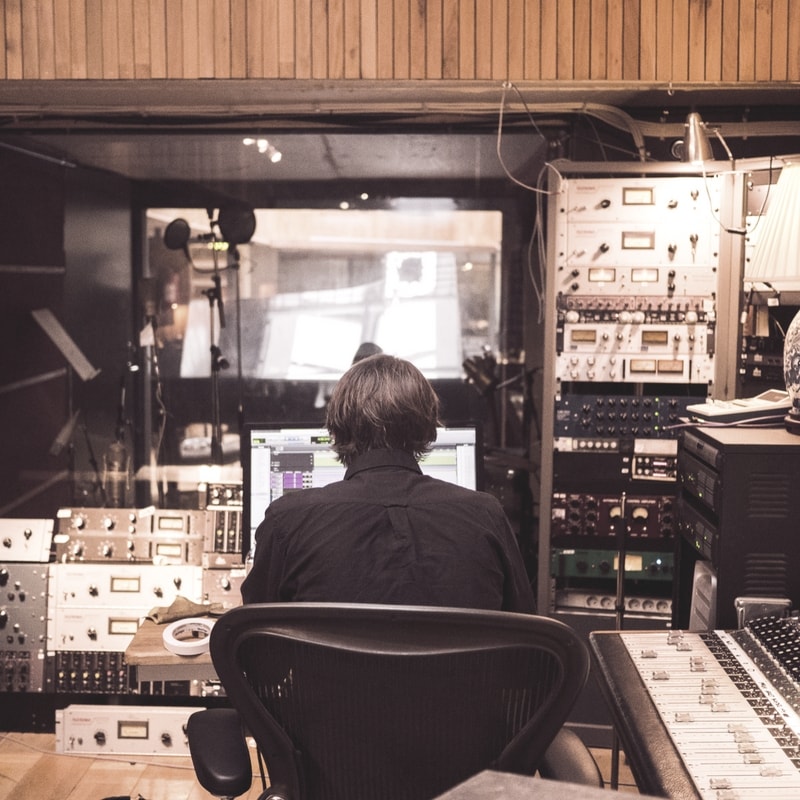

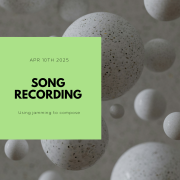
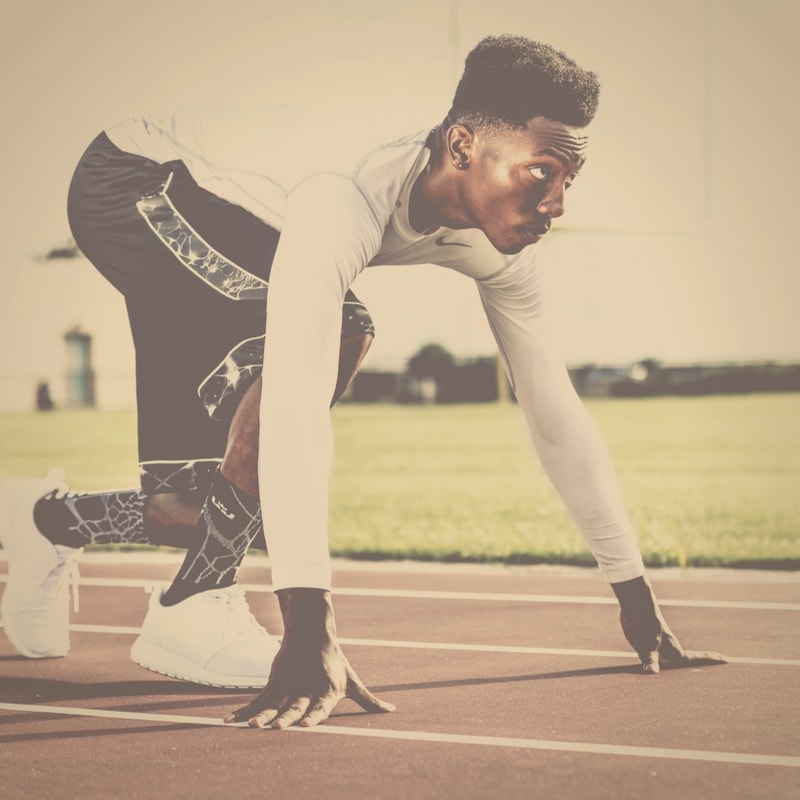

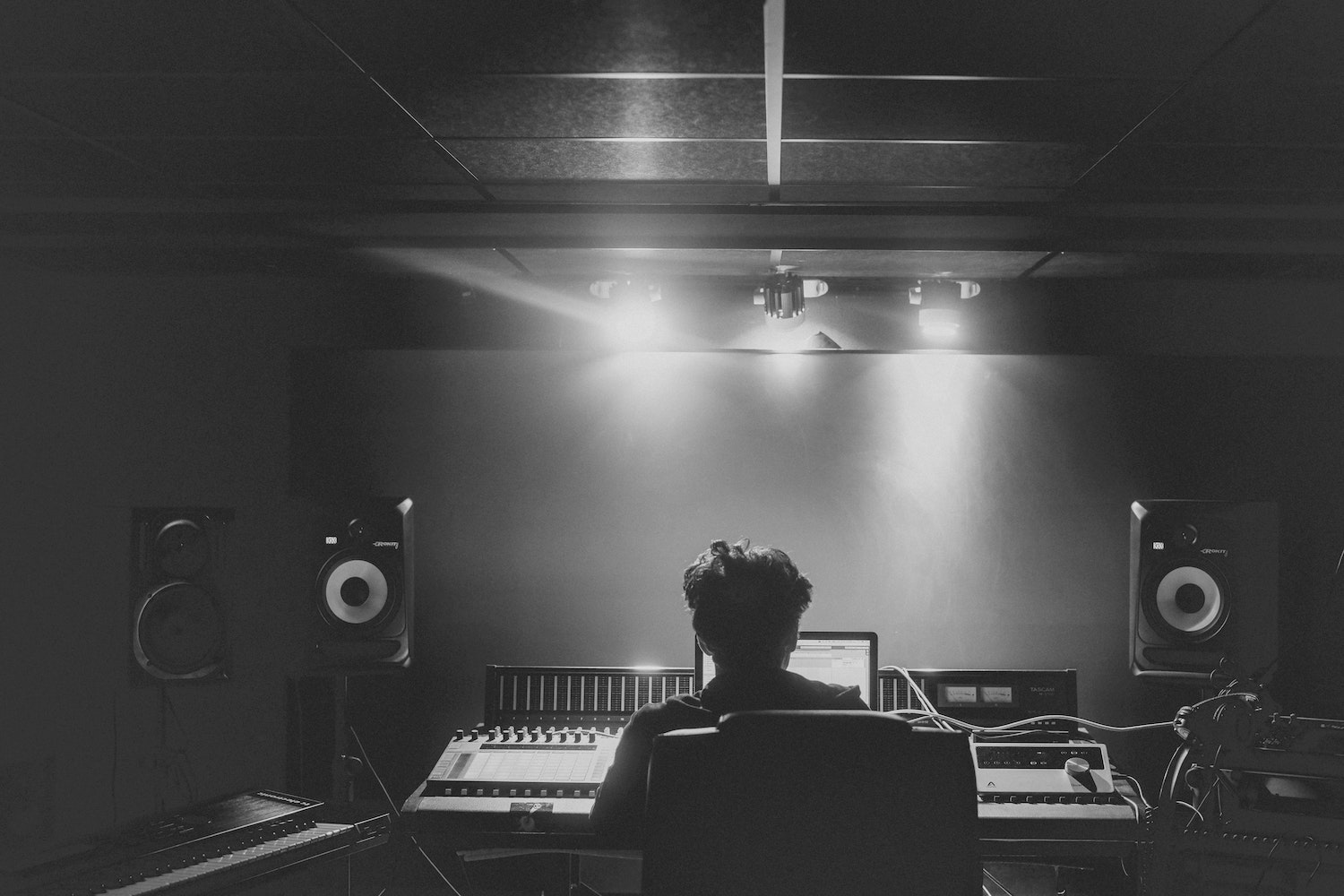
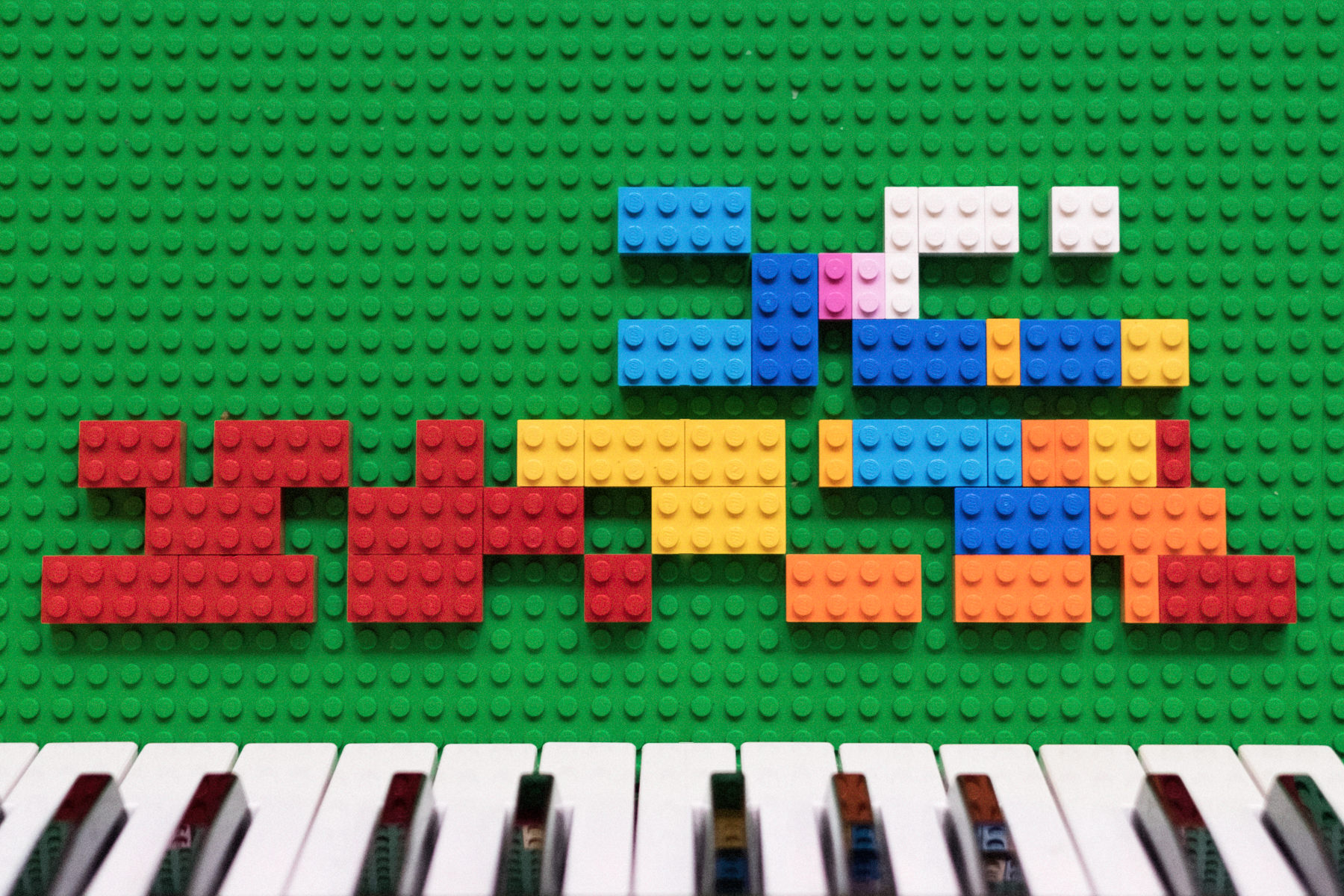
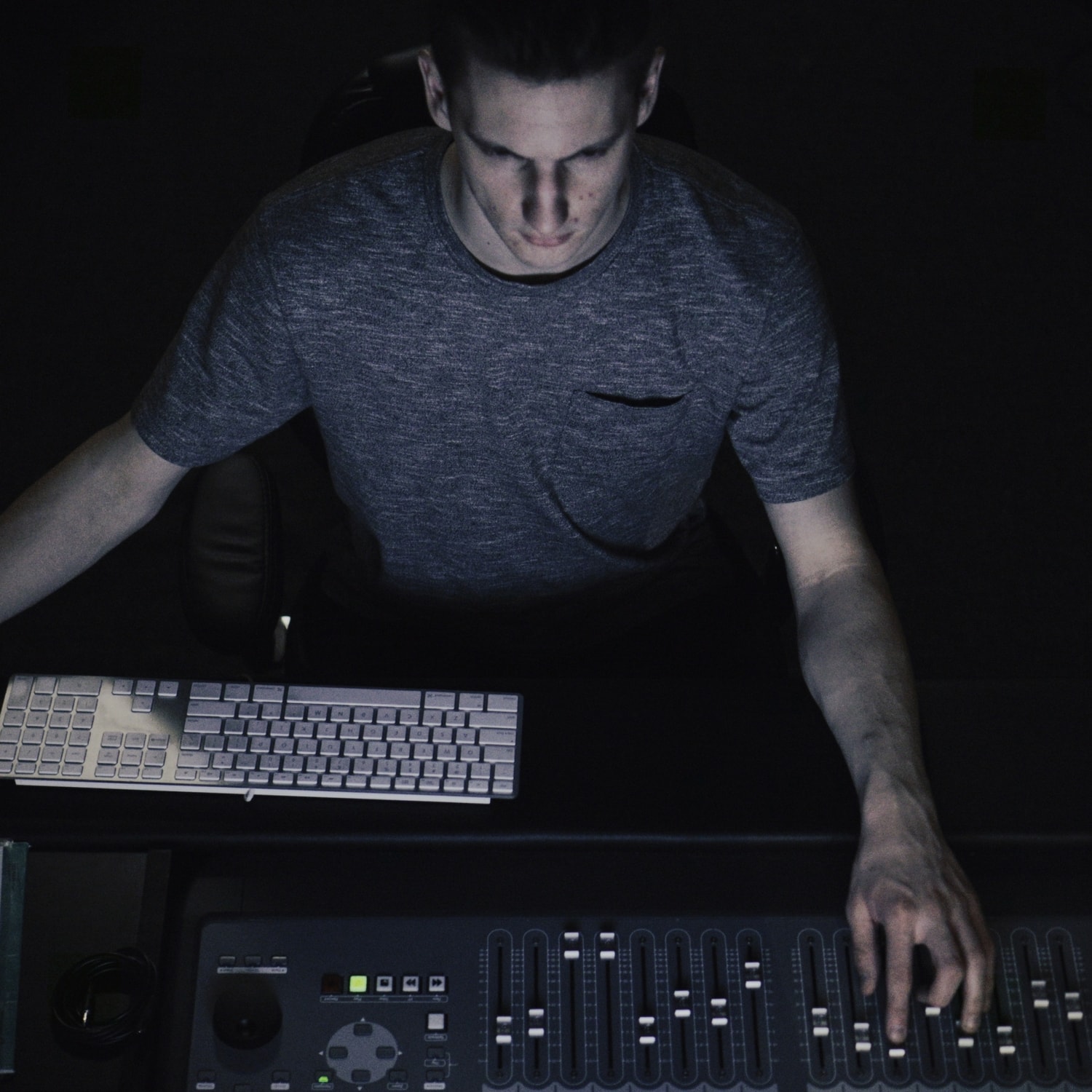
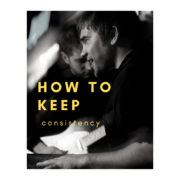

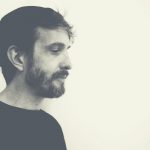
As a newcomer to music production this was a fabulous read. I’ll be saving it and referring to it often.
As i’m super enthusiastic right now I’m worried about burning myself out quickly, so this will be very helpful in managing my process.
Thanks for sharing.